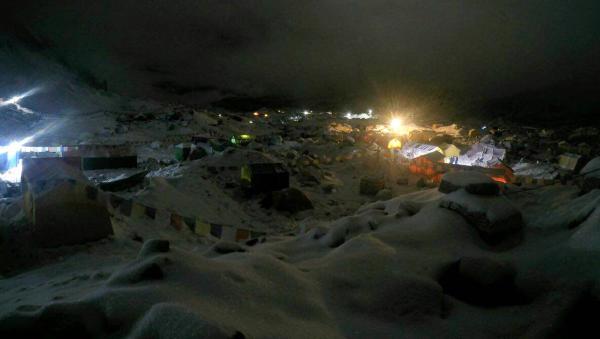"Climate Hacking" Would Be Easy – That Doesn’t Mean We Should Do It
Geege Schuman stashed this in Climate Change
Stashed in: Weather!, @iflscience, Climate Change!
The second is that geoengineering itself is fraught with danger and that, worryingly, the most dangerous version, called solar radiation management, is also the most popular with those exploring this field.
Down in flames
In essence, solar radiation management is about mimicking volcanoes. Climate scientists have known for years that major volcanic eruptions can eject so much ash into the high atmosphere that they effectively dim the sun.
The tiny ash particles block the sunlight, reducing the amount of solar energy that reaches Earth’s surface. A major volcanic eruption like that of Mount Pinatubo in 1991 can cause worldwide cooling of about 0.1C for about two or three years.
As global temperatures will rise in the business-as-usual scenario, leading to a projected increase of almost 4C in the coming century, the ash of a few volcanic eruptions each year could theoretically offset the temperature rise due to the burning of fossil fuels.
However, this climate solution is likely to create new problems of its own.
Three major problems; here's the second:
The second problem is also related to the continued build-up of atmospheric carbon dioxide. If, at some point in the future, we stop pumping ash into the skies, the ash will rapidly wash out from the atmosphere in a few years. Yet with atmospheric carbon dioxide levels even higher than before, Earth will experience rapid “catch-up” warming. According to the IPCC, this could be as much as 2C per decade – roughly 10 times the current rate. This would be very troubling, given that many species, including in places such as Sydney, are already struggling to adapt to the current pace of change.There are two problems with this argument. The first is that we already have an affordable solution with a relatively well-understood outcome: reducing our carbon emissions.
Yeah, reducing carbon emissions seems simpler and a more direct solution to the problem.
Trying to get clever could have unintended consequences.Â











8:01 PM Jan 12 2015